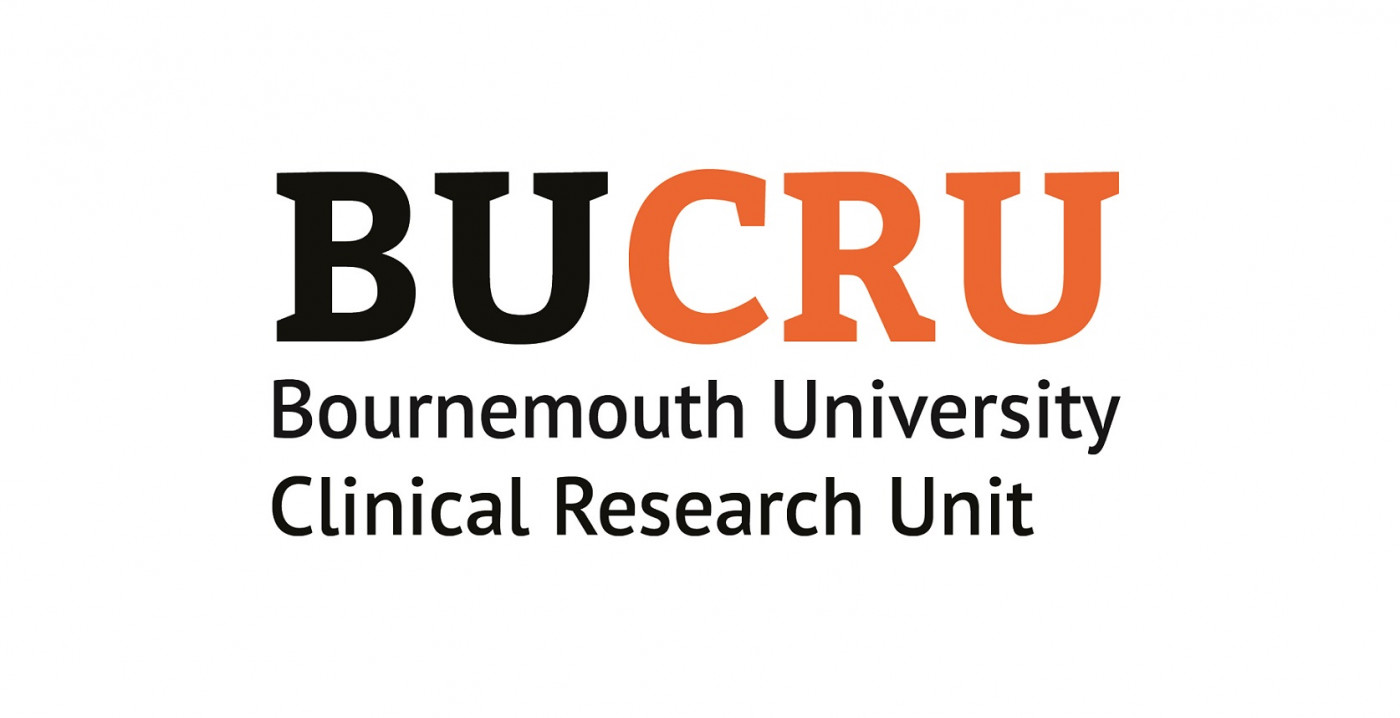 This week on the BU Research Blog we are considering bid quality and how to make a bid as good as it can possibly be. I set off on a quest to speak to members of the BU Clinical Research Unit to understand how they contribute to improving bid quality.
This week on the BU Research Blog we are considering bid quality and how to make a bid as good as it can possibly be. I set off on a quest to speak to members of the BU Clinical Research Unit to understand how they contribute to improving bid quality.
How can the Bournemouth University Clinical Research Unit (BUCRU) support researchers to enhance the quality of their external funding application?
BUCRU is here to support academics and clinicians to develop high quality health and social care research applications. BUCRU’s mission is to improve the quality, quantity, and efficiency of research across the university and National Health Service (NHS). We provide a research advice service to support funding applications and can continue providing support in funded research projects.
As a team, BUCRU has a range of expertise spanning intervention development, trial design, behaviour change, qualitative research, mixed methods, research governance, and patient and public involvement. Our support is available to both BU staff and local clinicians in the NHS. There are no restrictions on project topic area or professional background of the researcher.
As we’re a hub of the National Institute for Health Research – Research Design Service South West (NIHR RDS SW) (part of the national Research Design Service) we’re fortunate to have access to other methodological expertise (such as statistics and health economics) as well as popular NIHR SW events and services (for more detail about the NIHR RDS SW see below).
What type of support does BUCRU offer researchers?
We can provide advice on all aspects of preparing a grant application from the initial research idea, including:
- identifying and refining the research question
- designing a study
- research methods (qualitative and quantitative)
- identifying suitable sources of funding
- involving patients and public in research design (the NIHR RDS SW has a public involvement fund to support public and patient involvement activities)
- identifying potential academic, clinical, and public collaborators
- medical statistics
- health economics
- impact and dissemination plans
- grant writing skills
- advice on common pitfalls
- interpreting feedback from funding panels
- support resubmissions
Which funders will BUCRU support applications to?
We’re keen to help researchers to develop applications for any national external funding bodies with an external peer review process. This includes many funders including NIHR funding schemes, research councils, charities, etc. If you’re applying for seed corn funding to do some initial work to help you to apply for larger scale funding then we can support you with this. If you’re unsure about whether we can help, please do get in touch with us.
If you’re interested in finding out more about NIHR funding and hearing top tips for getting funded, the NIHR RDS SW runs regular online Grant Applications Seminars. The next one of these popular events is on the 9th November 2021. You can find out about it here: http://www.rds-sw.nihr.ac.uk/research-funding-seminar.htm and book a place here: https://www.eventbrite.co.uk/e/rds-south-west-nihr-grant-applications-seminar-tickets-177003420997
Can BUCRU support researchers in designing and implementing public and patient involvement (PPI) in bids?
Absolutely, Helen Allen is our PPI lead for the unit, with Louise Ward supporting and they work closely alongside the PPI team within NIHR RDS SW as well as BU PIER.
The recent development of VOICE@BU (a BU PIER and BUCRU initiative) has helped us work closely together in supporting researchers at the university. We can help with plain English summaries, advise on recruiting and managing patient advisory/consultation groups, assistance with public involvement funding for national peer reviewed applications and advice with involving the public in all stages of the research cycle. We can provide advice on engaging marginalised groups in research, collaborating with community organisations, developing participatory and user-led research, and delivering user-led public involvement training. With PPI now such a core part of funding bids we strongly recommend that you sign up as a member to VOICE and look at how the platform can help involve the public in your research. We have a previous blog here: https://blogs.bournemouth.ac.uk/research/2021/05/25/voicebu-2/ that explains VOICE including access to a recorded demonstration that we ran for researchers back in May.
How is the NIHR Research Design Service linked to BUCRU, and what advantages does this offer researchers?
The NIHR RDS-SW Research Design Service South West is one of 10 regional services across England making up a national network of advisers. NIHR RDS advisers support health and social care professionals and academics in all aspects of developing a grant application (including research design, research methods, funding sources, involving patients and the public) to NIHR and other national peer-reviewed funding streams.

The Bournemouth hub of the NIHR Research Design Service South West sits within BUCRU and is one of four regional hubs (the others are Bristol, Exeter, Plymouth). Dr Sarah Thomas is lead for the Bournemouth hub and staff members include Helen Allen and Louise Ward. We work regionally across the South West and this has the advantage that it gives us access to a wide variety of additional expertise (such as statistics, health economic, qualitative approaches etc.). We work in accordance with the RDS charter.
We also offer a monthly NIHR RDS SW Project Review Committee. This offers researchers a fantastic opportunity to have their draft applications critically reviewed by a mock funding panel and detailed feedback provided. This brings the benefit of having an application looked at with ‘fresh eyes’ – the panel includes senior NIHR RDS advisers and public contributors. The committee replicates as far as possible the way a real funding committee will consider a funding application. The panel will also provide helpful feedback on an application that was submitted but not funded, to help you revise the application for a future submission. You can find out more about this service and the submission deadline dates here: http://www.rds-sw.nihr.ac.uk/project_review_committee.htm
How far in advance of a deadline should researchers make contact with BUCRU?
As early as you can! It’s never too soon, even if you only have a vague idea of a research question. We suggest you contact us ideally at least 4-6 months ahead of a submission deadline. We generally need a minimum of 2-3 months to provide good input. Obviously, it depends on the stage of your application. If it is well-developed and you just require advice on a particular aspect then likely it would need less time. Please see our charter and get in touch with us if you are unsure or have any questions.
What is the best way to make contact with BUCRU?
You can email us at bucru@bournemouth.ac.uk or wardl@bournemouth.ac.uk or call on 01202 961939. We are based in BG117 (gradually returning).
Our Twitter is: @BU_CRU
An enormous thank you to Louise Ward and Dr Samuel Nyman from BUCRU for their time to answer my questions.


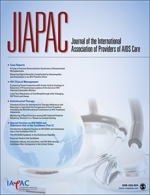

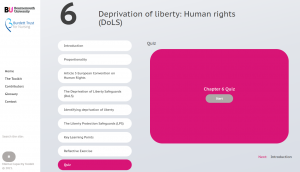
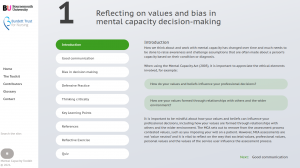
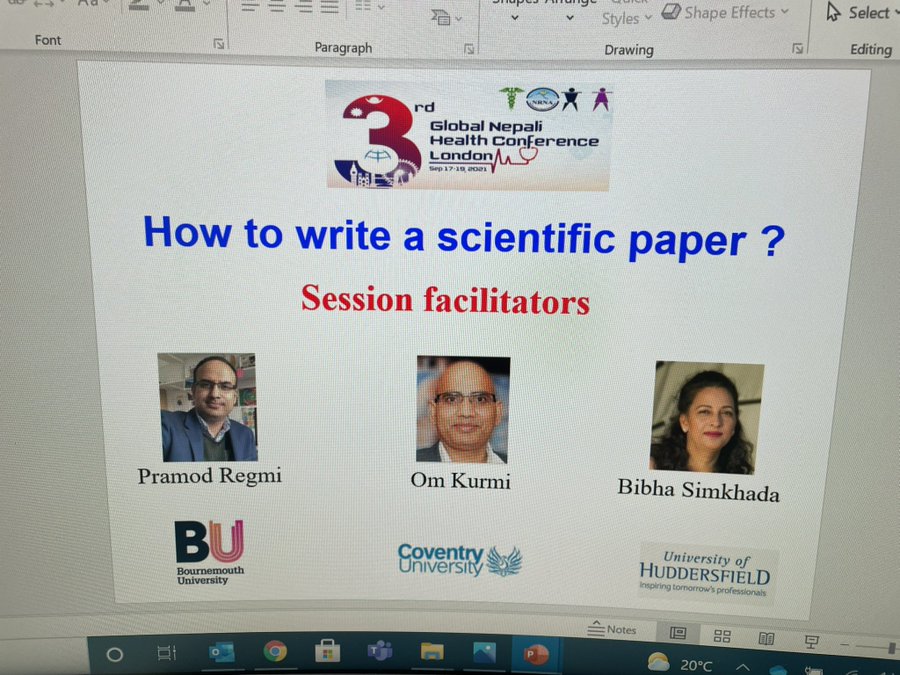
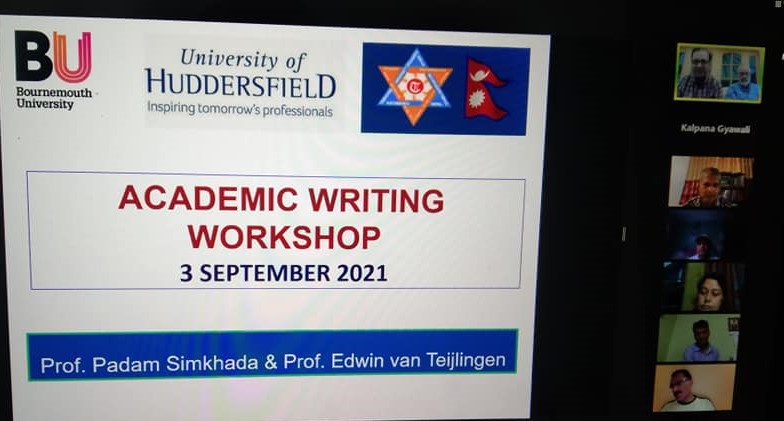




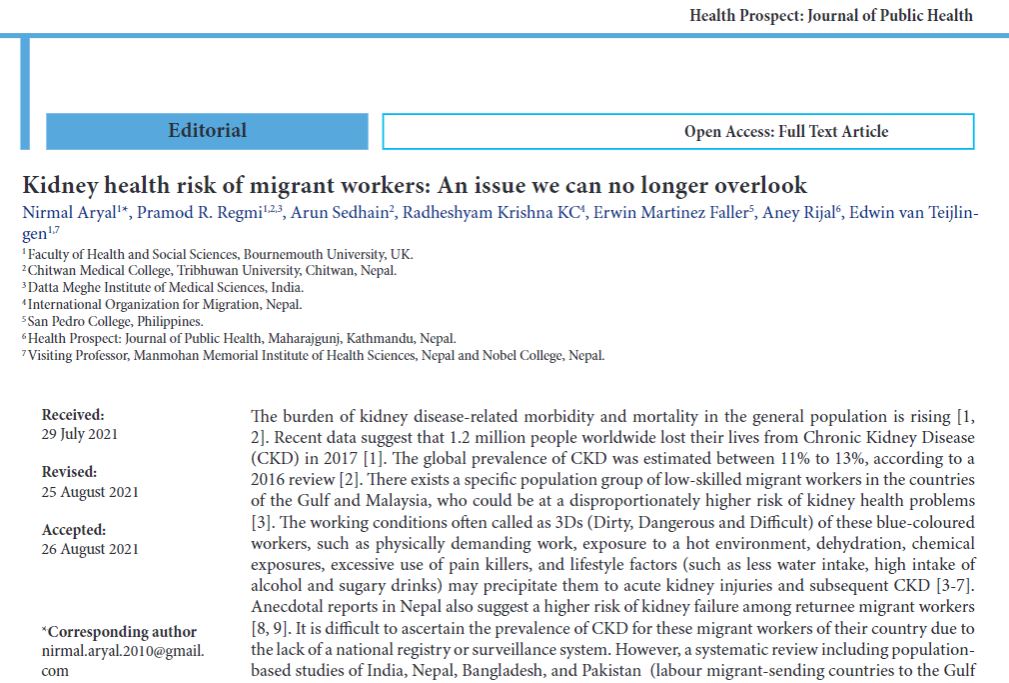


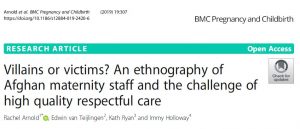

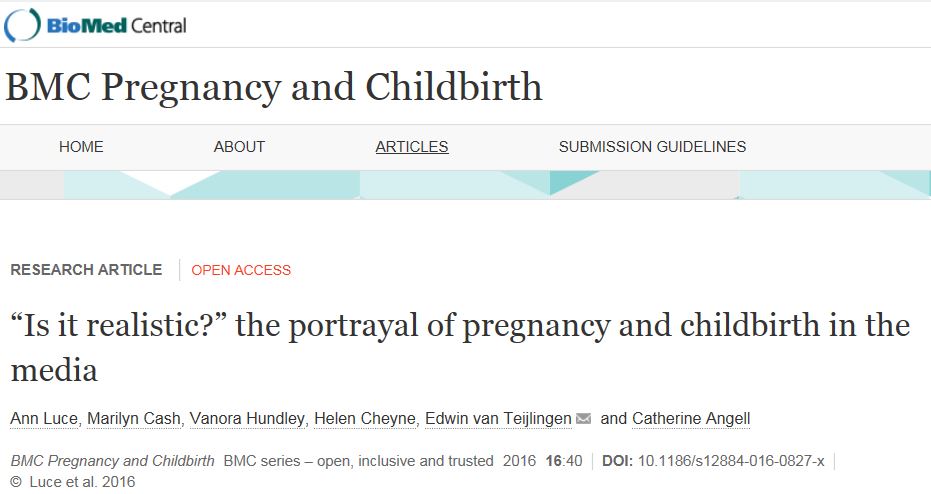

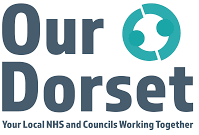

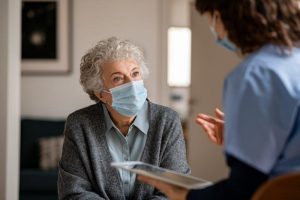 Therefore, if you have a health or social care related project that supports these local priorities and which would benefit from additional priority support to speed its implementation and adoption, you are strongly encouraged to submit your project for nomination.
Therefore, if you have a health or social care related project that supports these local priorities and which would benefit from additional priority support to speed its implementation and adoption, you are strongly encouraged to submit your project for nomination.
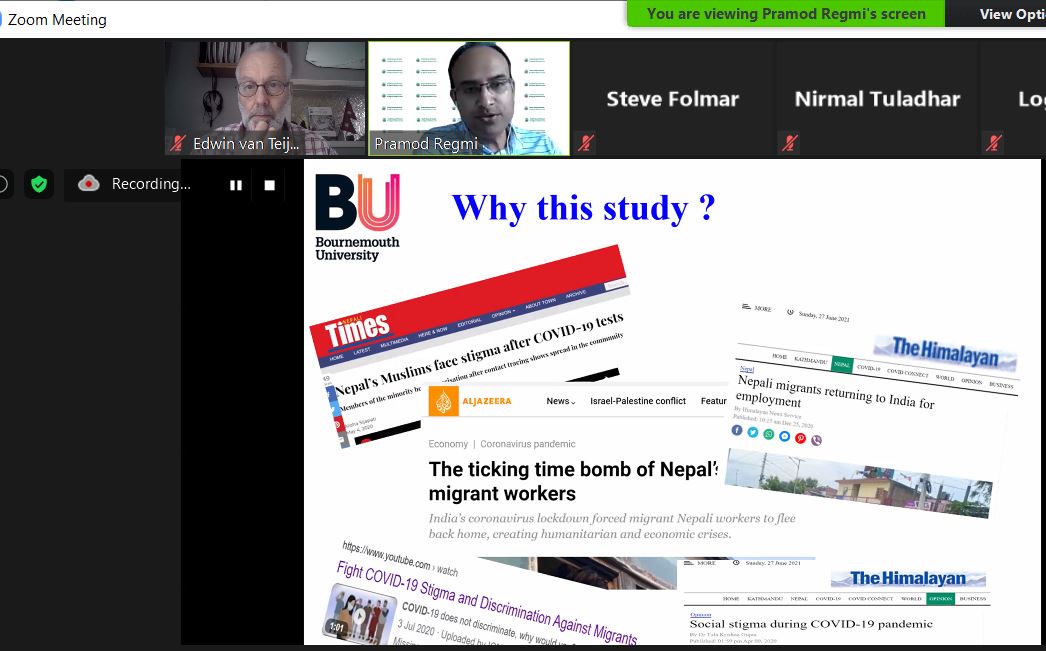

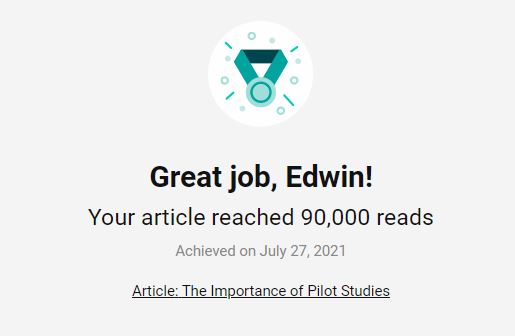













 SPROUT: From Sustainable Research to Sustainable Research Lives
SPROUT: From Sustainable Research to Sustainable Research Lives BRIAN upgrade and new look
BRIAN upgrade and new look Seeing the fruits of your labour in Bangladesh
Seeing the fruits of your labour in Bangladesh Exploring Embodied Research: Body Map Storytelling Workshop & Research Seminar
Exploring Embodied Research: Body Map Storytelling Workshop & Research Seminar Marking a Milestone: The Swash Channel Wreck Book Launch
Marking a Milestone: The Swash Channel Wreck Book Launch ECR Funding Open Call: Research Culture & Community Grant – Application Deadline Friday 12 December
ECR Funding Open Call: Research Culture & Community Grant – Application Deadline Friday 12 December MSCA Postdoctoral Fellowships 2025 Call
MSCA Postdoctoral Fellowships 2025 Call ERC Advanced Grant 2025 Webinar
ERC Advanced Grant 2025 Webinar Update on UKRO services
Update on UKRO services European research project exploring use of ‘virtual twins’ to better manage metabolic associated fatty liver disease
European research project exploring use of ‘virtual twins’ to better manage metabolic associated fatty liver disease